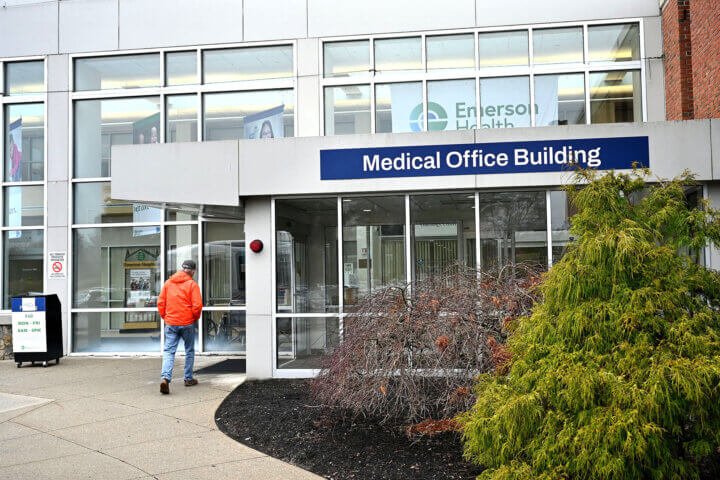Did you know that loneliness affects us across the full spectrum of age?
Loneliness is considered a public health epidemic and may adversely affect your health.
Loneliness is defined as an “unpleasant emotional response to perceived isolation.”
It is inherently a subjective feeling where there is a loss of connection with others.
Although loneliness is distinct from depression, the two can clearly be linked.
The UCLA loneliness scale is based on 3 subjective feelings:
- How often do you feel a lack of companionship?
- How often do you feel left out?
- How often do you feel isolated?
Based on these questions, recent surveys show that at some point 49-60% of the population experiences loneliness (Cigna 2019).
The health impacts of loneliness include an increase in inflammation due to high levels of cortisol and epinephrine; decreased immune function (cells that fight infection and cancer work less efficiently); changes in the brain’s neural networks resulting in worsening of mild cognitive impairment or Alzheimer’s Disease; poor sleep quality; and an increase in risky behaviors such as excessive alcohol consumption or high risk medication usage.
Not surprisingly, lonely patients may get less attention at the doctor’s office when it comes to explaining tests or providing an optimal level of care.
The causes of loneliness are endless. Schools have seen the social isolation from COVID morph into persistent loneliness. Loss after death or divorce may result not only in grief for a spouse but also in changing relationships with friends. Working from home or transitions, such as moving, retirement or kids moving away, increases loneliness for some. Ageism and racism are other links to loneliness.
As with any problem, one size fits all does not apply to the treatment for loneliness. The inherent nature of loneliness makes it harder for people to seek help. We need to see it, own it, and deal with it, not only for ourselves but for those around us. Is there a child who has withdrawn from usual activities or an elderly person who may be confined to home?
In her TED talk on loneliness, Olivia Remes encourages people to change the way they think about things: Think of the things you do regularly, like going to the grocery store or library and start talking to as many people as you can. In Concord one of the employees at a grocery store always smiles and asks “How are you, hope you’re having a good day.” The solution, I believe is quality not quantity. Consider your own needs for social connection.
One woman who lives alone told me that she finds one way each day to make a meaningful connection, whether it’s talking with an old friend on the phone or taking a walk.
The professionals have endless recommendations, some of which include:
- Connect with old friends (a problem especially as we age or move).
- Reach out in your building or neighborhood. Some people create gardens in the front/street yard to help make this connection.
- As one 96 year old woman told me: “find things where you are fully engaged.” Join Concord’s Beede, the Garden Club or many book clubs or groups affiliated with a religious/social organization. Volunteering creates a sense of purpose and promotes a connection to the local community.
- Think boards in Concord, religious groups, the Community Chest, Emerson Hospital, the library, or the Council on Aging. The possibilities in each of these organizations are infinite.
The American College of Physicians published tips to beat loneliness at work (June 2021) which include checking in on someone else, sharing stories, expressing gratitude, and performing random acts of loneliness. The New Yorker even published an article (June 16, 2021) on the success of robotic pets in reducing loneliness for the homebound elderly.
Whatever your solutions, take it day by day. Take the first step. As Martin Luther King said,“You don’t have to see the whole staircase to take the first step.”


